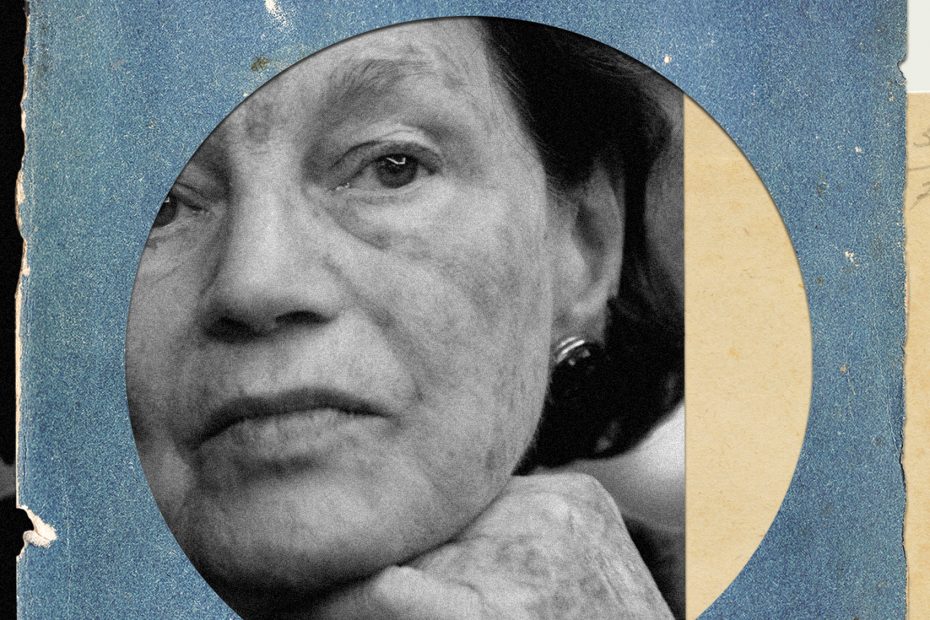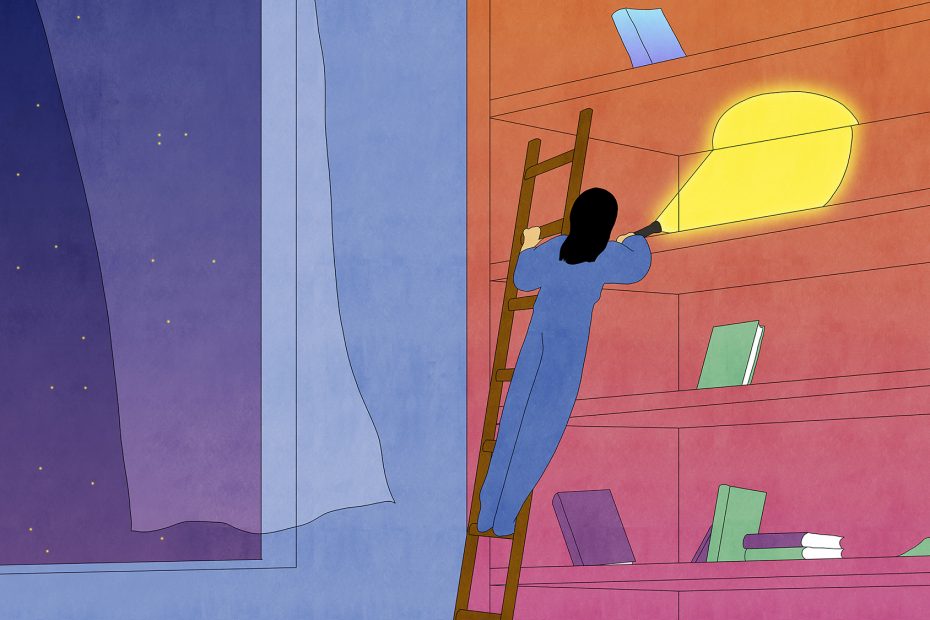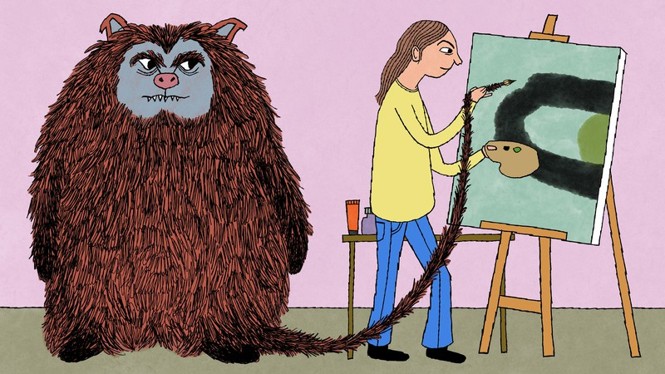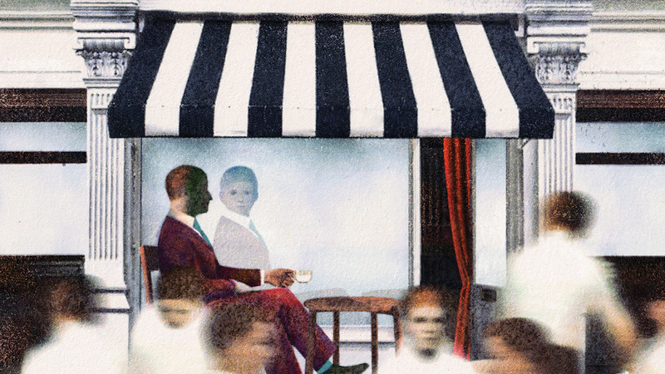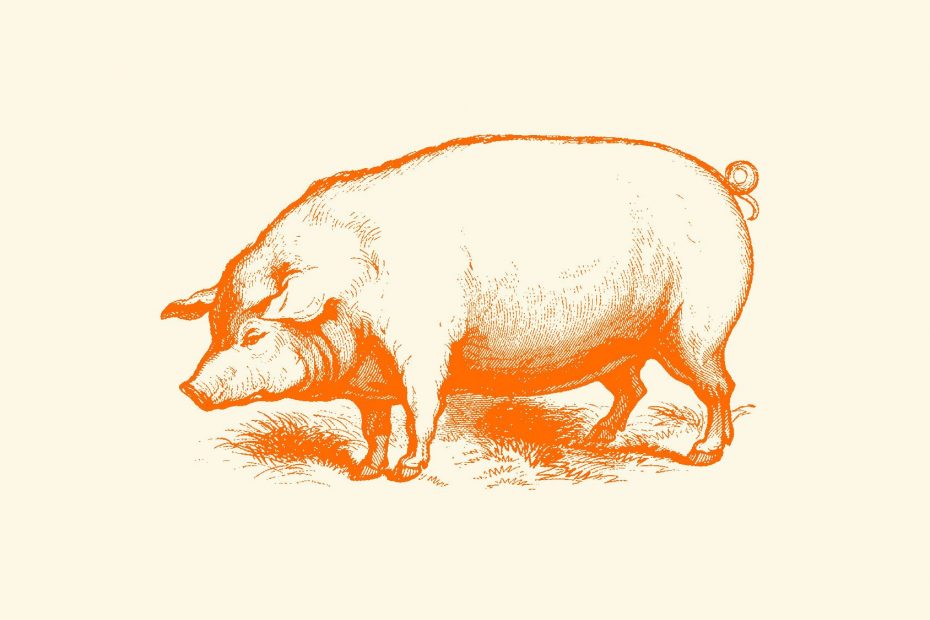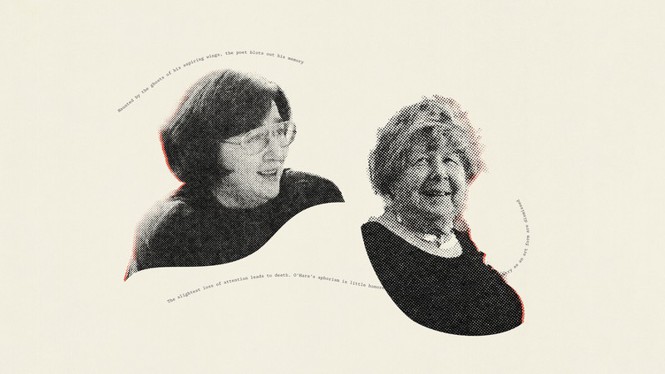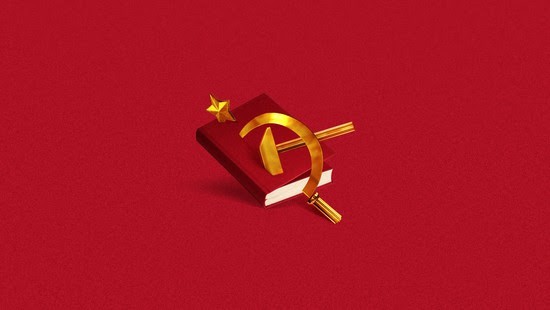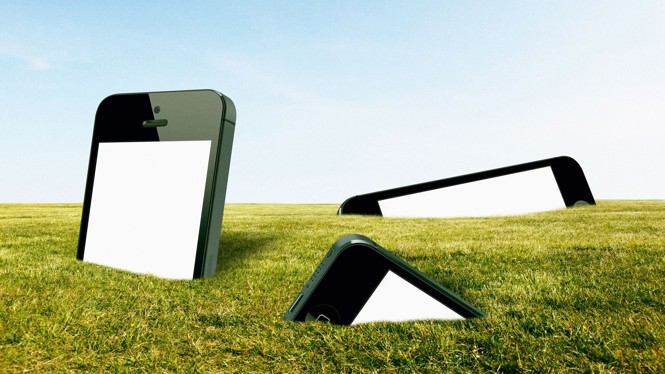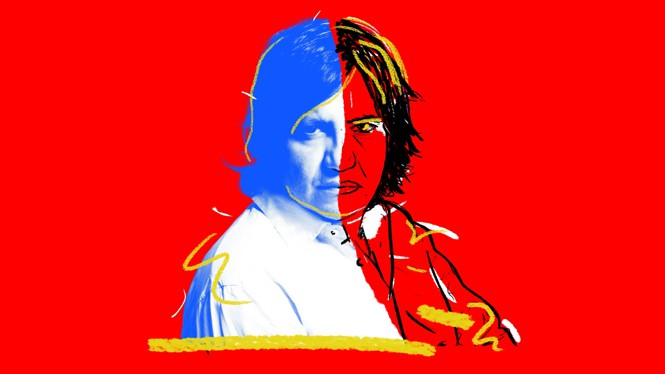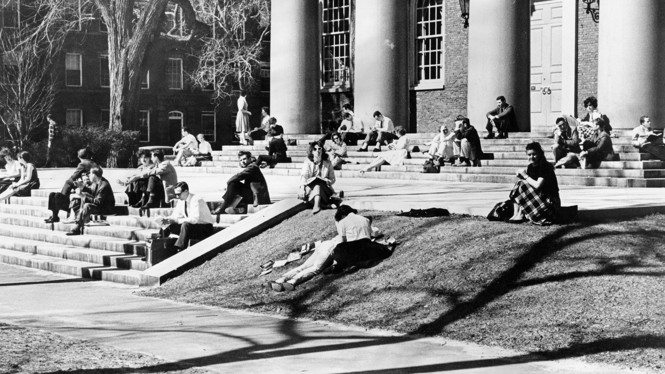A Philosophy That Sees ‘Women as Doers’
This is an edition of the Books Briefing, our editors’ weekly guide to the best in books. Sign up for it here.
When a woman’s clothes constrict her movement, squeezing her into unforgiving shapes, or her exercise regime is a punishing ordeal meant to winnow her down to the smallest possible size, the result is all too often an alienation from her body.


